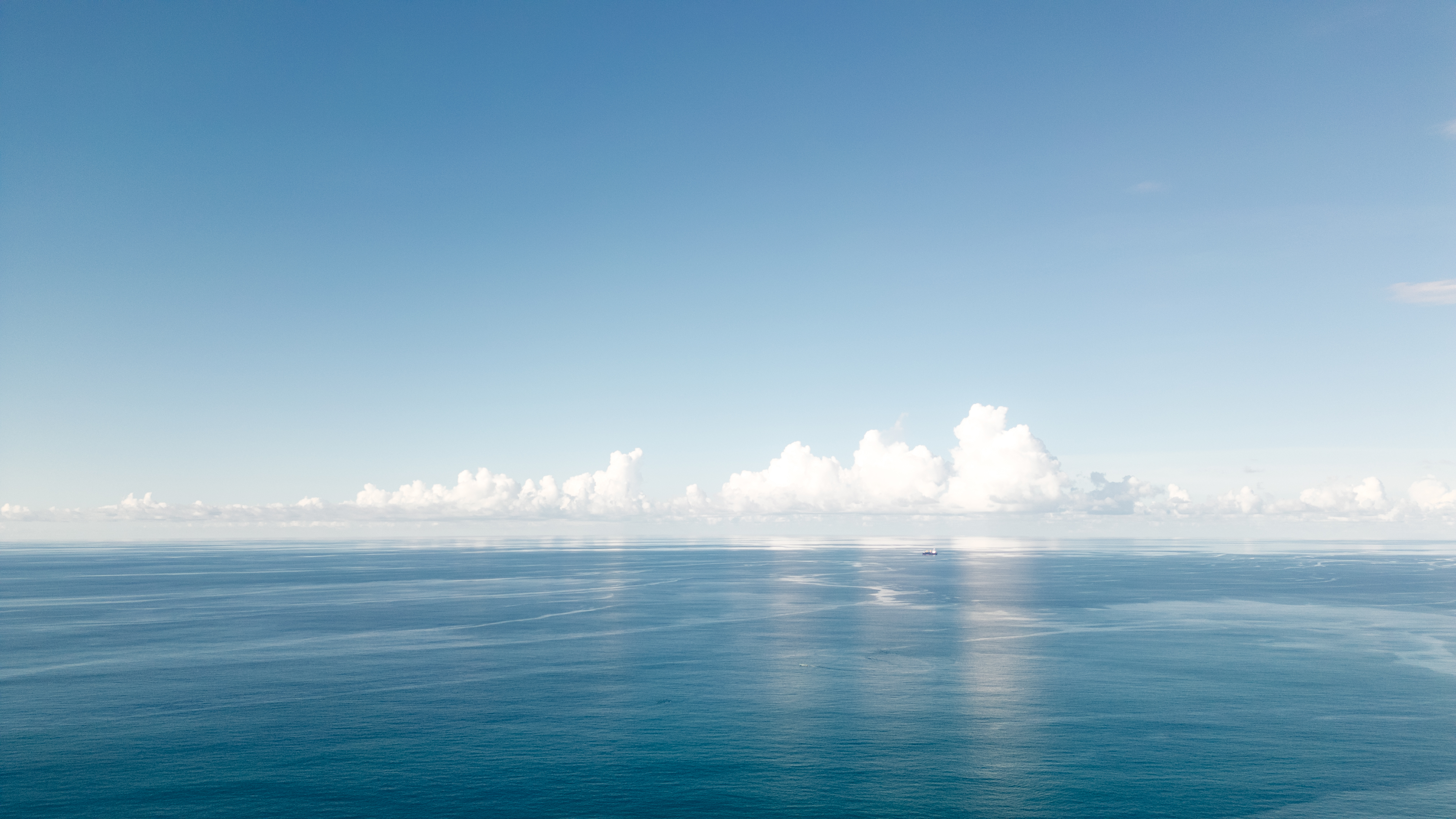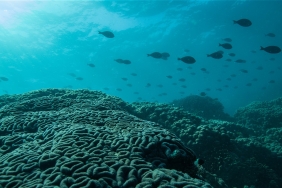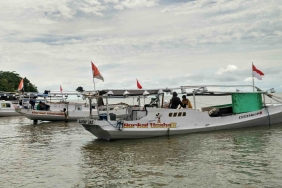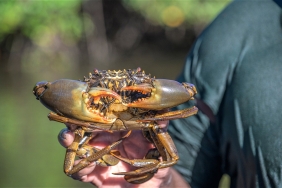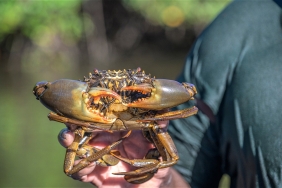TRAWLING CAN DAMAGE ECOSYSTEMS AND CAUSE DEGRADATION OF FISHERIES RESOURCES
At the beginning of 2015, Minister of Maritime Affairs and Fisheries Regulation (Permen KP) Number 2 of 2015 was issued to completely stop the use of fishing gear of the type trawls in Indonesian waters.
WWF-Indonesia also welcomes this and fully supports the implementation of the regulation. In a dialog with media partners related to the KP Regulation held on Monday (2/2), Abdullah Habibi, WWF-Indonesia's Capture and Aquaculture Fisheries Improvement Manager said that the biggest challenge now is to stop the rate of ecosystem damage and degradation of fishery resources that have reached overfishing status, which is partly caused by the productivity of the use of trawls. (Read: WWF: Trawls Threaten Sustainability of Marine Resources)
(Read: Information Sheet on Hela Trawls and Pull Trawls)
Actually, in 1980 Indonesia became one of the countries in the world that encouraged sustainable management of marine resources. At that time, the government issued Presidential Decree (Keppres) Number 39 of 1980 concerning the Elimination of Trawls in the Waters of Java, Sumatra, and Bali in order to maintain the health of habitats and the productivity of traditional fishermen.
However, the regulation has lacked supervision, so in the last two decades fishing gear of the type trawl developed rapidly in various forms and names. This is also supported by field facts in the "Trawl Fishing Gear Study in Indonesia" conducted by WWF-Indonesia which describes the rampant use of trawls in Indonesian waters. The study also shows that the percentage of shrimp and fish as the target catch of trawls only ranges from 18-40% of the total catch composition, while the rest is bycatch (bycatch) which is not of high economic value and will be discarded (discarded).
In addition, the exploitation status of fish resources from the Decree of the Minister of Maritime Affairs and Fisheries Number 45 of 2011 states that the potential for demersal fish resources has reached the status of overexploited (fully exploited) and the potential for shrimp resources is in the status of overfishing (overfishing). This is partly due to the use of trawls.
Head of the Marine and Fisheries Research and Development Agency, Ahmad Poernomo, who was also present at the dialogue, gave his views on this KP Regulation. According to him, the prohibition of this type of fishing gear is one way to get to an Indonesia that has prosperity in fish resources.
He sees three things that are the basis of the direction of our fisheries and maritime affairs: Sovereignty, Sustainability, and Prosperity. The prohibition of environmentally unfriendly and non-selective fishing gear, such as trawl is also followed by recommendations for more environmentally friendly fishing gear. Because the end of all these policies is also for the welfare of the Indonesian people, especially the fishermen.
Writer: Novita Eka Syaputri - Seafood Savers Communication Assistant

